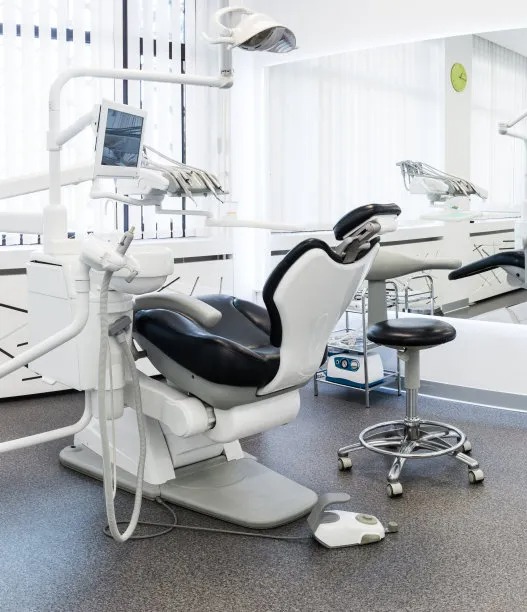Revolutionizing Smiles Discover the Advanced Benefits and Long-Term Success of Dental Implants for a Confident Future
Summary: Dental implants are transforming the dental landscape, providing individuals with a remarkable solution for restoring their smiles. This article delves into the advanced benefits of these implants, emphasizing their functional advantages, aesthetic improvements, long-term success rates, and the impact they have on overall oral health. By understanding these facets, potential patients can appreciate how dental implants revolutionize not just smiles, but also confidence and well-being, thus paving the way for a brighter future.
1. Functional Advantages of Dental Implants

One of the primary reasons dental implants are considered revolutionary is the functional benefits they provide. Unlike dentures, which can slip and cause discomfort, implants are securely anchored in the jawbone, providing a stable foundation for chewing and speaking. This stability means that patients can enjoy a varied diet without the fear of their teeth shifting.
Moreover, dental implants help in preserving jawbone integrity. When a tooth is lost, the jawbone can begin to deteriorate over time. Implants stimulate the bone, preventing bone loss and maintaining facial structure. This not only enhances functionality but also promotes overall oral health.
Finally, dental implants increase patient comfort. Traditional solutions may cause irritation or discomfort over time. However, since implants are integrated into the jaw, they feel more natural, allowing individuals to go about their daily activities without the distraction of dental concerns.
2. Aesthetic Improvements with Dental Implants
The aesthetics of a smile are paramount in how individuals perceive themselves and are perceived by others. Dental implants are designed to closely resemble natural teeth, ensuring that the aesthetic appeal of the smile is fully restored. The materials used in implants can mimic the color and feel of real teeth, making them virtually indistinguishable.
Additionally, implants can enhance facial appearance. As previously mentioned, implants prevent bone loss, which can lead to a sunken appearance in the face. By supporting the surrounding structures, implants help maintain a youthful look, boosting self-confidence.
Finally, the gum tissue surrounding dental implants is also improved. Unlike bridges, which require altering adjacent teeth, implants do not affect neighboring teeth and can promote healthier gums. This contributes to an overall more attractive smile and better oral aesthetics.
3. Long-Term Success Rates of Dental Implants
Statistically, dental implants boast impressive success rates, often exceeding 95% when placed by qualified professionals. This high success rate is attributed to advancements in dental technology and techniques, which have improved implantation processes and materials used.
Moreover, proper care and maintenance play significant roles in ensuring the longevity of implants. Patients who commit to good oral hygiene practices and regular dental check-ups can expect their implants to last many years, often a lifetime. This makes implants not only a functional solution but also a sustainable investment in one’s oral health.
Furthermore, the ability to adapt dental implants over time is another aspect of their long-term success. If changes in the jaw or surrounding teeth occur, implants can be modified to accommodate these changes, ensuring continued functionality and comfort for the patient.
4. Impact on Overall Oral Health
Dental implants significantly contribute to overall oral health. They help in restoring oral function, which is essential for maintaining a balanced diet. With implants, individuals can bite and chew efficiently, promoting better nutritional intake, which is vital for overall health.
Moreover, they play a critical role in preventing dental issues associated with tooth loss. By filling the gaps left by missing teeth, implants prevent the remaining teeth from shifting, which can lead to misalignment and other dental disorders. This proactive approach reduces the need for extensive future treatments.
Lastly, dental implants enhance oral hygiene routines. Since they are treated like natural teeth, patients are encouraged to maintain regular brushing and flossing, which in turn helps reduce the risk of gum disease and other oral health issues. Maintaining good oral hygiene around implants can contribute to overall wellbeing.
Summary:
Dental implants represent a significant advancement in dental solutions, offering numerous benefits that enhance both functional and aesthetic aspects of a smile. Their long-term success rates and positive impact on overall oral health make them a wise choice for those seeking to restore their confidence. As dental technology continues to evolve, implants will undoubtedly remain a cornerstone of effective dental restoration.
This article is compiled by Vickong Dental and the content is for reference only



